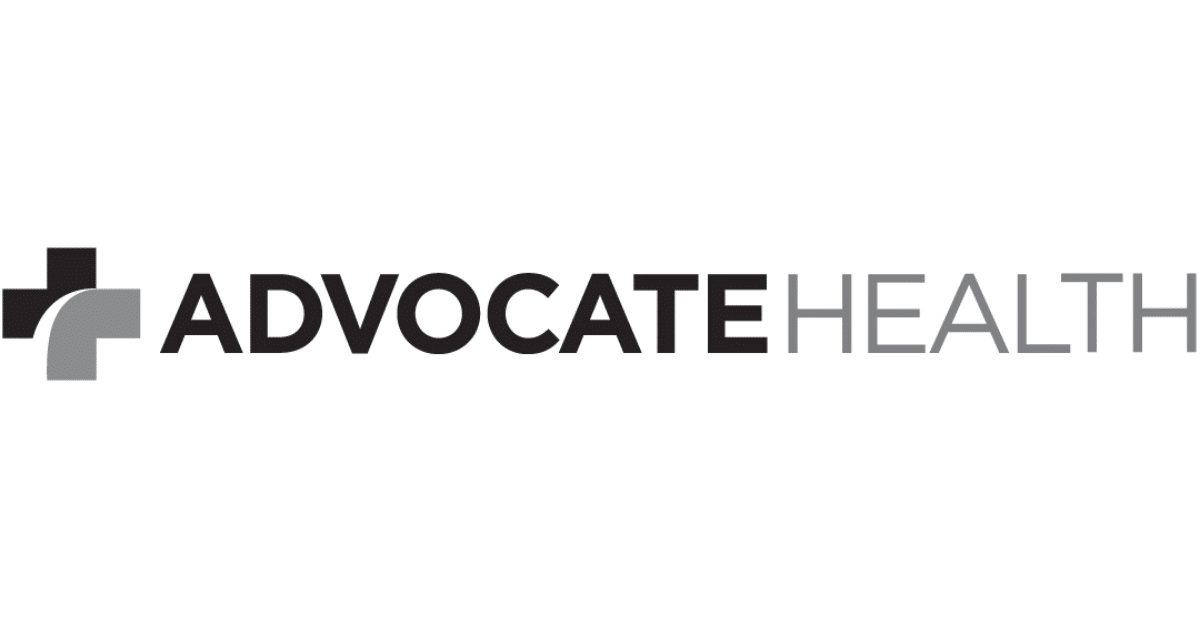It’s been a year since OpenAI launched ChatGPT to revolutionize the field of AI. This new product has sparked conversations about job security, ethics, and efficiency. AI and human capital are not necessarily trending in opposite directions, but are rather complementary for efficient decision-making, deep learning, and reasoning.
The integration of technology has not slowed down job gains in these sectors, showing that AI augments human intelligence and collaborates with human creativity, but does not replace it completely. Businesses in different sectors including manufacturing, financial services, health care/ life sciences professional services, and transportation and logistics, hospitality, and food services among others, have adopted the use of AI to some extent to advance industrial production, automated payments, and patient and customer care.
In the Charlotte metro area, about 88.6% reported no current adoption of AI whereas 9.1% indicated a future adoption of AI in the next six months, both higher than the national average at 72.2% and 6.9% respectively.
Businesses in different sectors including manufacturing, financial services, health care/ life sciences professional services, and transportation and logistics, hospitality, and food services among others, have adopted the use of AI to some extent to advance industrial production, automated payments, and patient and customer care. The integration of technology has not slowed down job gains, demonstrating AI augments human intelligence and collaborates with human creativity, but does not replace it completely.
AI has the capacity to create new jobs and skills in previously untapped areas. Jobs titles recently created through AI include AI medical diagnostician, AI health technicians, deep learning engineers, AI chatbot developers, AI technical writers, AI ethicists. The surge of AI this past year is also creating a stronger ecosystem of entrepreneurs, small businesses, and freelancers on diverse platforms. Upwork, the freelancing platform, announced a 1,000% increase in AI jobs postings for half of 2023.
2024 will bring about more change driven by AI as leading businesses, investors, job seekers, politicians, and policy makers determine how to leverage it for competitive advantage. The availability and fast access of information will accelerate competition, investment, and innovation. Cutting-edge equipment and products in biotechnology and life sciences will transform AI procedures and platforms for healthcare workers and outpatient care. Decision-makers are likely to think more about environmental and social costs associated with AI as well as essential regulations to protect the economy from ethical breaches. The labor market is expected to be tighter and more competitive with more job seekers earning relevant certificates to meet talent demand. Employers must invest in professional development training targeted at artificial intelligence specialization skills to strategically manage the utilization of both AI and human capital assets.
AI and talent supply and demand
A Charlotte Regional Business Alliance analysis of monthly job postings vs. monthly hires for positions in different sectors requiring artificial intelligence skills indicates that employers are posting more jobs but are competing within a smaller talent pool due to skills shortages. The demand for such talent is higher than the supply of qualified workers. Within a year (October 2022 – October 2023), companies posted about 2,000 jobs with artificial intelligence skills requirements.
Charlotte Region: Average monthly postings vs. Average monthly hires* (October 2022-october 2023) across occupations
Source: Lightcast Job Postings Analytics, Charlotte Regional Business Alliance Analysis*Positions require general artificial intelligence skill, 2023
The Pew Research survey shows a fairly normal bell curve distribution where 19% of American workers are in occupations that could be automated while 23% occupy positions that are least exposed to AI, leaving a majority of the workforce (58%) moderately impacted by the technology. Budget analysts, data entry analysts, tax preparers, technical writers, and web developers are likely to have high exposure to AI with a large portion of skills and work responsibilities replaced by the new technology. Further, sales managers, chief executives, veterinarians will likely have medium exposure to AI while childcare workers, firefighters, and pipelayers are likely to have low exposure.
State of current and future adoption of AI
The Business Trends and Outlook Survey (BTOS), a biweekly snapshot of AI and its use by businesses, shows that most businesses across all 50 states, on average, have not widely adopted or integrated AI in their operations. Not surprisingly, sectors that have a historical use of AI reported greater levels of technology adoption. About 13.8% of businesses in the information sector contribute to a larger share of AI adopters, followed by 9.1% in the professional, technical, and scientific services, and 1.2% in hospitality and food services. The latest jobs reports show Charlotte adding 32,000 jobs year-over-year with about half of all net new jobs accounting for the leisure and hospitality sectors.
AI will be a catalyst for change across all sectors of the economy. It is of the utmost importance that leaders are equipped with the necessary tools to navigate these fast-paced innovative systems, reduce job displacement risks, and make AI more helpful than harmful to human capital.



